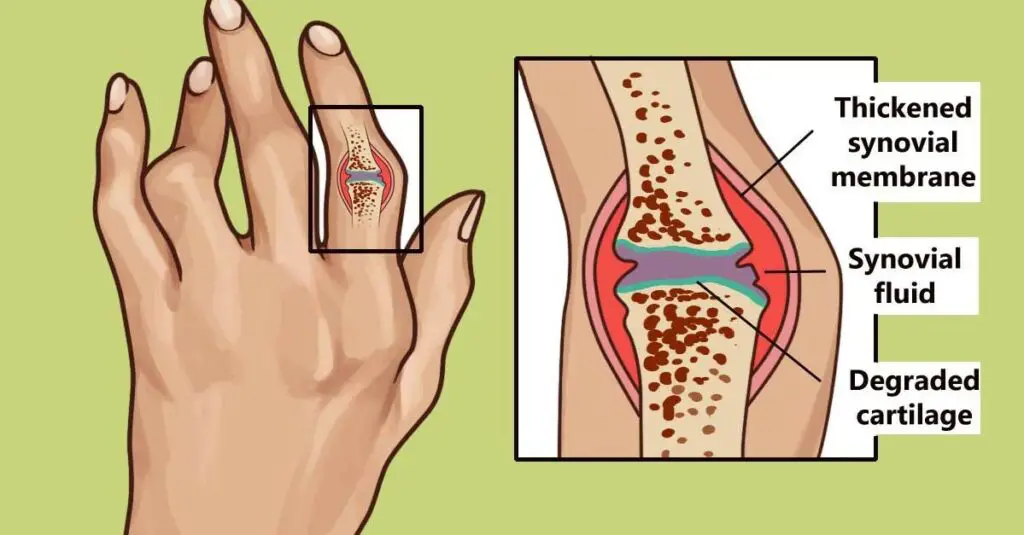Embarking on the path of healing and personal growth requires a crucial change in viewpoint – transitioning from a mindset of blame to one of accountability. This process is not about pinpointing errors or assigning blame, but rather embracing a sense of responsibility. It’s about altering our thoughts and emotions, and understanding our inherent power to mold our own life trajectories. This transformative journey is less about fault-finding and more about claiming ownership of our actions and reactions, fostering a mindset that recognizes and harnesses our capacity to shape our own lives.
Understanding Blame vs. Responsibility
Blame, while initially appealing, is essentially a deception. It creates an illusion of righteousness, casting us in the role of the innocent victim and others as the wrongdoers. This perspective offers a seemingly convenient way to evade confronting difficult truths about ourselves. However, the reality is that blame is fundamentally disempowering. It ensnares us in a destructive cycle of negativity and stalls our personal growth and progress.
In stark contrast, responsibility carries inherent power. When we embrace responsibility, it doesn’t mean we’re admitting fault for the trauma or hardships we’ve endured. Instead, it’s about recognizing and acknowledging our ability to respond proactively to these experiences.
Responsibility encourages us to view the less-than-ideal aspects of our lives not as personal failings, but as opportunities for change and growth. By accepting responsibility, we empower ourselves to effect transformation in our lives, liberating us from the immobilizing cycle of blame.
The Shift from Blame to Accountability
Transitioning from a mindset of blame to one of accountability is a journey that involves several key steps. The initial step is developing a willingness to change our perception and feelings about blame. This step demands a high degree of self-awareness, along with the readiness to confront and question our existing beliefs.
The next step towards embracing accountability is realizing that we don’t have the extraordinary ability to fix, heal, or rescue others from their problems. It’s about understanding that the only things we can truly control are our own actions, reactions, and attitudes. This realization often triggers a profound grieving process as we let go of the false sense of control we thought we had over others and situations beyond our influence.
The final part of this journey to accountability is claiming ownership of our personal trauma and working towards making peace with it. While we may not be responsible for the traumatic experiences we’ve endured, we do have the power to decide how we respond to them. Embracing accountability means recognizing this power, acknowledging its presence in our lives, and utilizing it as a compass to guide us on our path towards healing and personal growth.
Accountability: The Key to Healing
When we make the transition from attributing blame to assuming accountability, we essentially step out of the victim’s shoes and reclaim our personal power. We cease to be ensnared in a seemingly endless cycle of blaming others or circumstances for our situations, and instead, start actively working towards creating the life we envision for ourselves.
Accountability is intrinsically therapeutic. It paves the way for growth, change, and personal evolution. By taking responsibility for our actions and reactions, we open up opportunities for learning and improving. This shift in mindset enables us to act positively and constructively, rather than dwelling on past mistakes or grievances.
Moreover, accountability allows us to progress with empathy and understanding. It encourages us to look beyond our own experiences and perspectives, fostering a sense of compassion and empathy for others. This not only enhances our interpersonal relationships but also contributes to our personal growth and emotional maturity.
Most importantly, accountability serves as a sturdy base for the healing process. When we accept responsibility for our part in our experiences, we give ourselves permission to heal. We acknowledge our past, learn from it, and use these lessons to inform our future actions, setting the stage for a healthier, happier life.
Final Thought
In conclusion, the transition from a culture of blame to one of accountability is a pivotal transformation that forms the crux of healing and personal growth. This process necessitates a paradigm shift in our perspectives, a willingness to assume responsibility for our actions, and an acknowledgment of our innate power to mold our own lives. It’s about letting go of the destructive cycle of blame and stepping into a space of understanding and compassion for ourselves and others.
Ultimately, moving from blame to accountability is a journey from a state of hurt and resentment to a place of growth, healing, and empowerment. It’s about embracing our past, owning our present, and shaping our future with courage, compassion, and conviction. It’s about becoming the best versions of ourselves.







